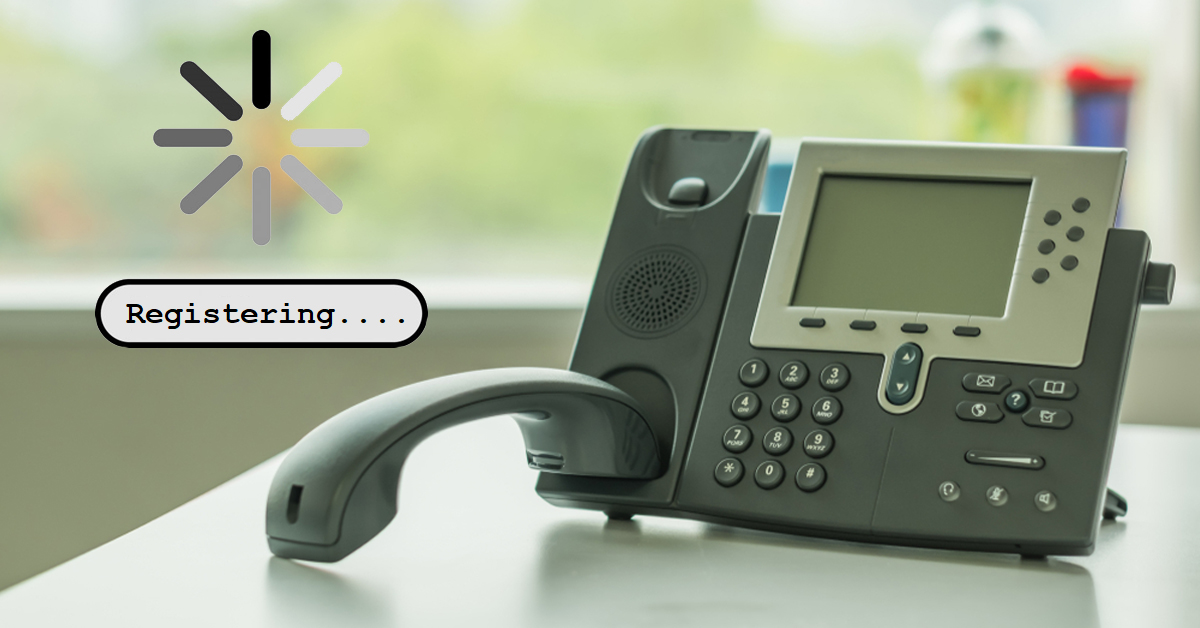One device, endless capabilities: Grandstream’s GCC6020 series brings together communications, security, VPN connectivity, and switching into a single, compact solution that seems almost unbelievable — until you see it in action.
This appliance combines an IP PBX, firewall, VPN router and network switch into one sleek platform. In this article, we examine the GCC6020 series and highlight its compelling characteristics for both small and mid-sized businesses. Read on to see how these devices make enterprise-grade performance easier and more affordable than ever.




.jpg)








